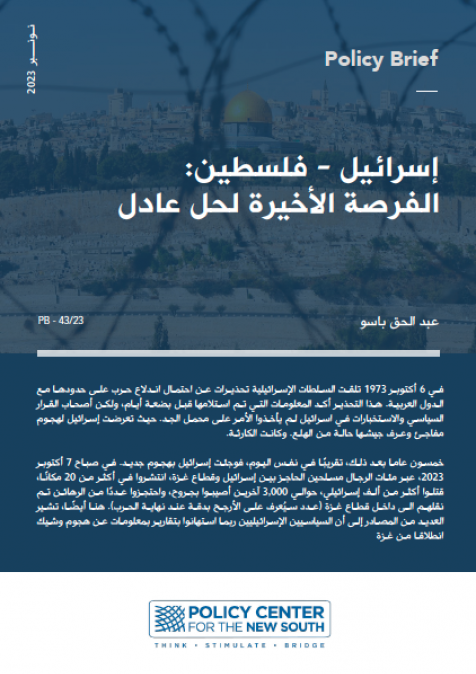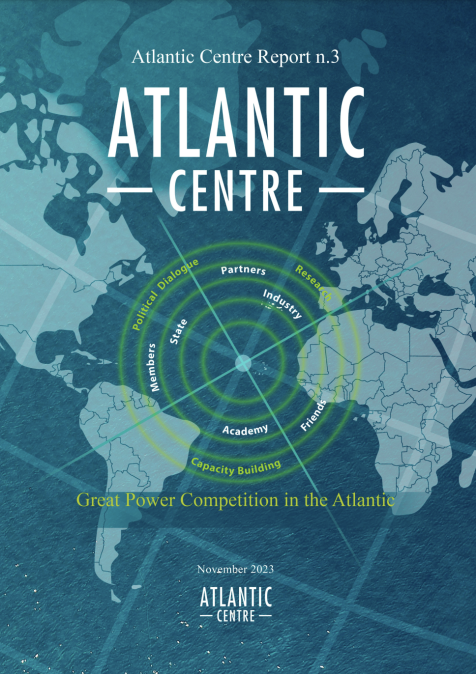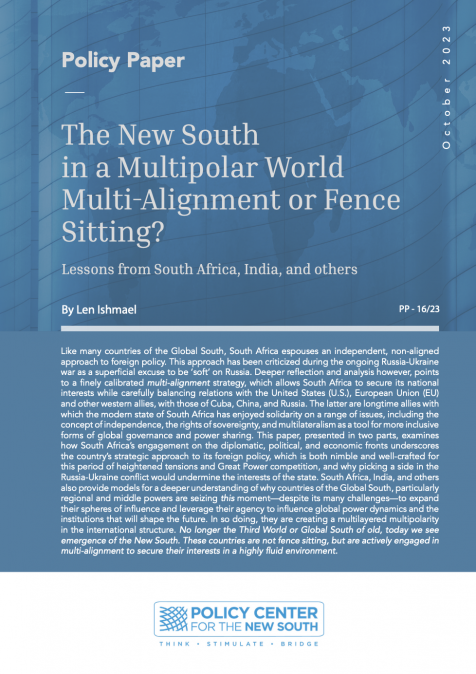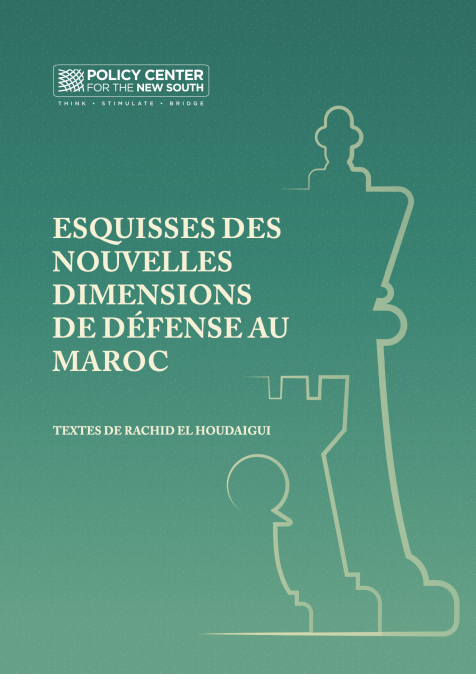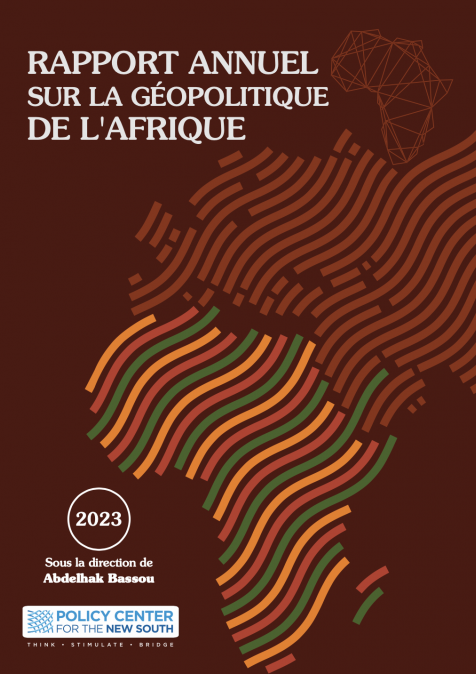Publications /
Opinion
Possibly Roger Federer would have been ready to play the match against the socialite, who was willing to pay (in 2014) £160,000 for a celebrity match of tennis. But Russian tennis fan Lubov Chernukhin, 48, chose two different partners to be her opponents: David Cameron, then British prime minister, and Boris Johnson, then mayor of London. Chernukhin, who settled in Britain in 2003 and is a British passport holder, like her husband Vladimir, 50, a former Russian deputy finance minister and former chairman of the Russian state bank Vnesekonom, played her British opponents after an auction to benefit the Conservative Party. Mrs Chernukhin never really made a secret out of her interest in really getting to know the power players of Her Majesty’s government: in 2019, the Russian dished out £135,000 for a dinner with prime minister Theresa May and six of her female cabinet ministers at the Goring Hotel in plush Belgravia. The year before, she paid £35,000 at a Conservative Party fund-raising auction to have a private dinner with the then secretary of state for defense, Gavin Williamson. Since 2012, the Russian-born lady has given the Conservative Party £1,765,804, the highest female donor in the party’s history.
‘Welcoming Oligarchs With Open Arms’
The Conservatives have benefited from the generosity of other donors with connections to Moscow, such as Ukraine-born businessman Alexander Temerko, a UK citizen since 2011 and a member of the Tory party, who has given at least £1.3 million to date. However, on July 21, 2020, the publication of a report on Russia by U.K. parliament’s Intelligence and Security Committee cast a shadow over the spending of the exiled Russian elite in the U.K. One chapter of the report deals with Russian expatriates under the title Welcoming Oligarchs with Open Arms, observing that “the U.K. has been viewed as a particularly favorable destination for Russian oligarchs and their money … few questions—if any—were asked about the provenance of this considerable wealth”. The Intelligence and Security Committee worked on the report for a total of eight months, but the Conservative government, was reluctant to publish the findings prior to the General Election in December 2019. The report noted that “The arrival of Russian money resulted in a growth industry of enablers, individuals and organizations who manage and lobby for the Russian elite in the U.K.—lawyers, accountants, estate agents and PR professionals have played a role, wittingly or unwittingly, in the extension of Russian influence, which is often linked to promoting the nefarious interests of the Russian state … The links of the Russian elite to the UK—especially where this involves business and investment—provide access to UK companies and political figures, and thereby a means for broad Russian influence in the U.K.”. The authors wrote that it is “widely recognized that Russian intelligence and business are completely intertwined. The government must take the necessary measures to counter the threat and challenge the impunity of Putin-linked elites”. The next paragraph in the critical report dealt with several members of the Russian elite “who are closely linked to Putin” and “involved with charitable and/or political organizations in the U.K., having donated to political parties, with a public profile which positions them to assist Russian influence operations”. It is notable that a number of members of the House of Lords, the U.K.’s upper house, have business interests linked to Russia.
“It is clear that Russia poses a significant threat to the U.K. on a number of fronts”, noted the Intelligence and Security Committee, “from espionage to interference in democratic processes, and to serious crime”. Furthermore, “the U.K. is clearly a target for Russia’s disinformation campaigns and political influence operations and must therefore equip itself to counter such efforts”.
‘New Normal’
Russia seems to have sought to influence a referendum on Scottish independence in 2014, and might have sought to influence the U.K.’s Brexit referendum, according to the report. Rachel Ellehuus, Deputy Director Europe at the Center for Strategic and International Studies wrote on July 21: “The report is damning. It says that the government, along with the intelligence and security services, underestimated the response required to the Russian threat and are still playing catch up”. The study confirms that the British government and intelligence agencies failed to conduct any proper assessment of Kremlin attempts to interfere with the 2016 Brexit referendum. According to Ms Ellehuus, “Crucially, the U.K. government is accused of making a deliberate effort not to find out how Russian influence may have affected the June 2016 vote. This is all the more incredulous because the government admits there was Russian interference in the 2014 Scottish referendum … the government also admits that Russia interfered in the December 2019 general election. This information makes the lack of preparedness for 2016 (and 2019) and the lack of response all the more stunning. The report rightly calls for a thorough inquiry; the UK government has so far rejected the call”.
“Although its long-delayed version is heavily redacted”, observed The Guardian (July 21) “the thrust of its conclusion—that insufficient attention has been paid to Russian infiltration in British politics and public life—was clear”. Stewart Hosie, a Scottish National Party MP, who was member of the Committee, insisted that the U.K. government actively avoided looking for evidence that Russia interfered: “We were told they hadn’t seen any evidence, and that is meaningless if they hadn’t looked for it”. The truth, as the member of parliament saw it, is that “Nobody wanted to touch the issue with a ten foot pole”.
Frank Langfitt, London correspondent for U.S. National Public Radio offered a reason for the reluctance: “I think the answer is this: It would’ve undermined the Brexit referendum. Remember, it’s the biggest decision of the British people in decades. It has already changed the course of British history, and the person who was front and center—that was a guy named Boris Johnson, who is now prime minister. So, if you say Russia interfered, then it could undermine this thing that has changed the course of history”. Russian influence in the U.K., the Intelligence and Security Committee concluded, is “the new normal”.
The opinions expressed in this artcile belong to the author.

